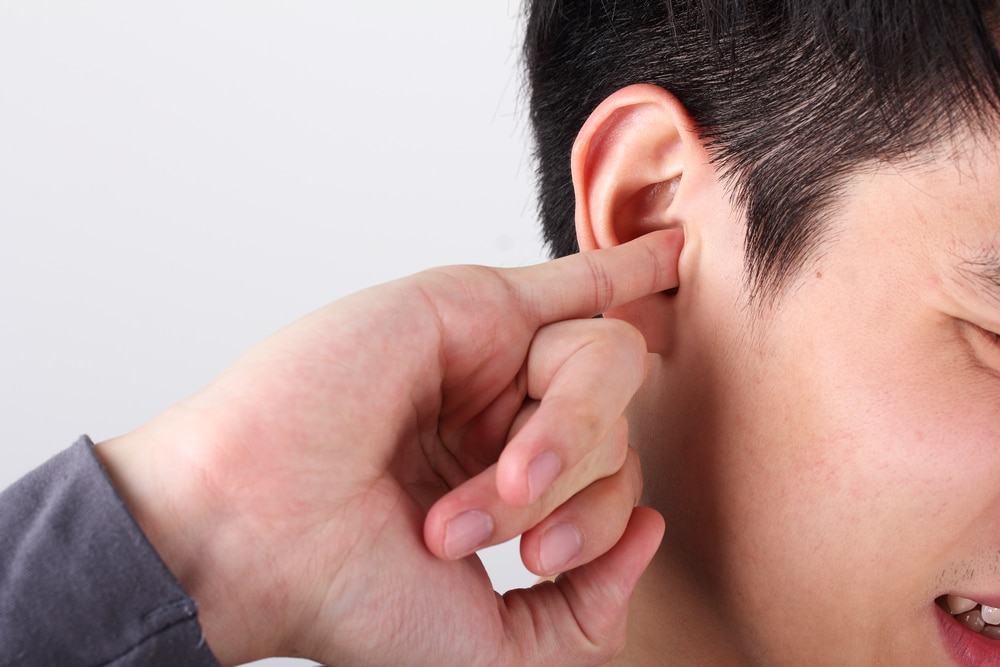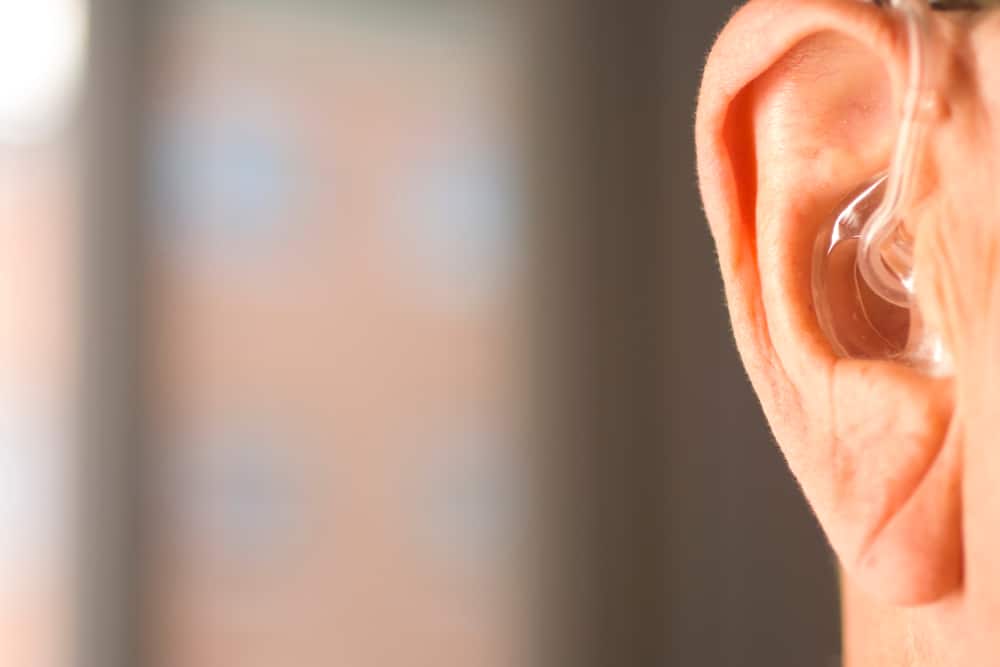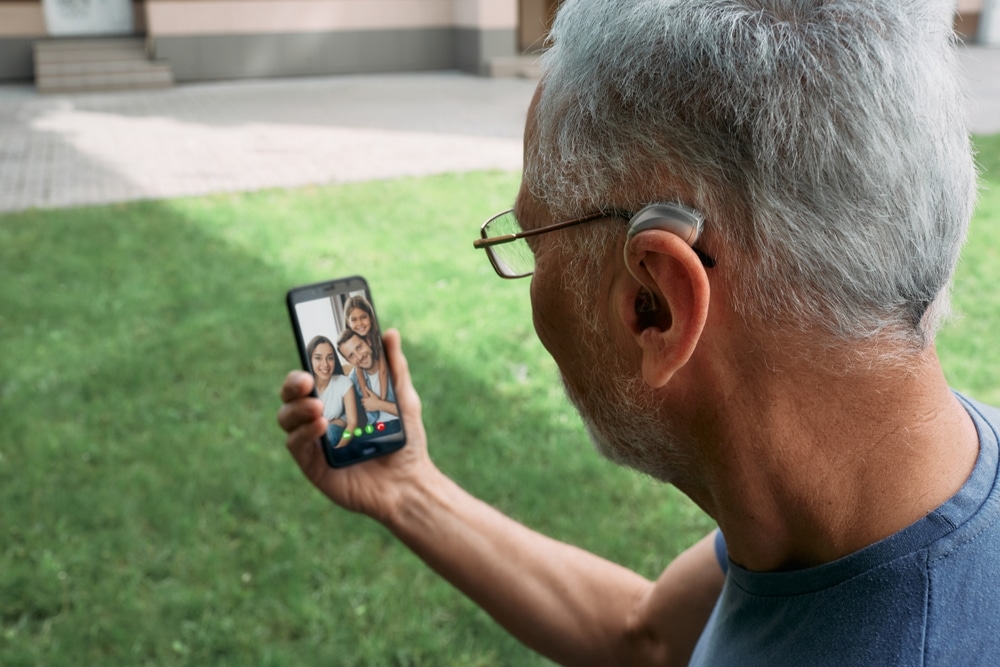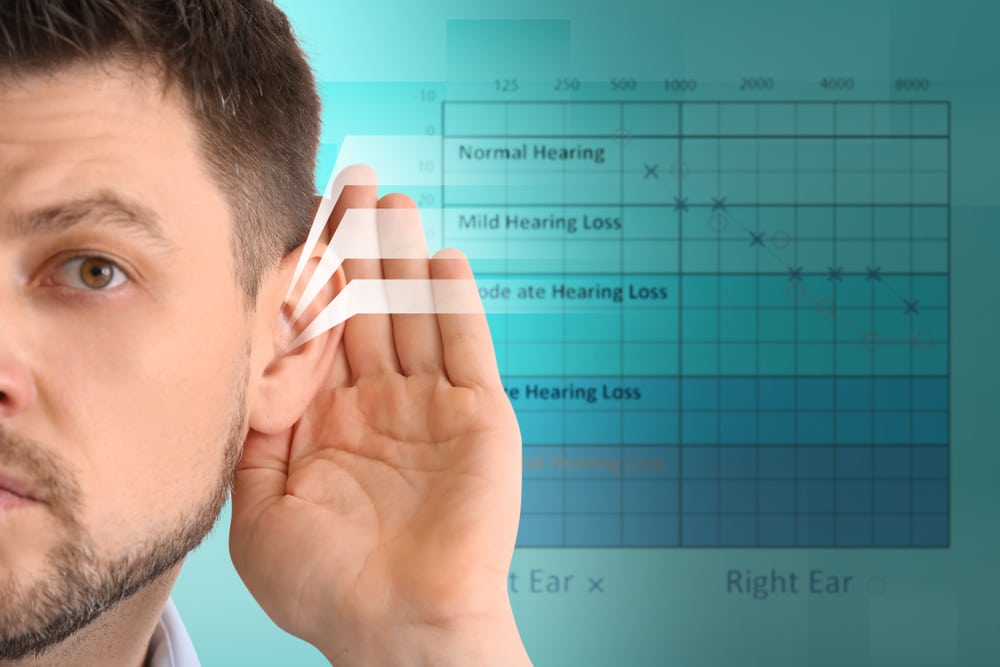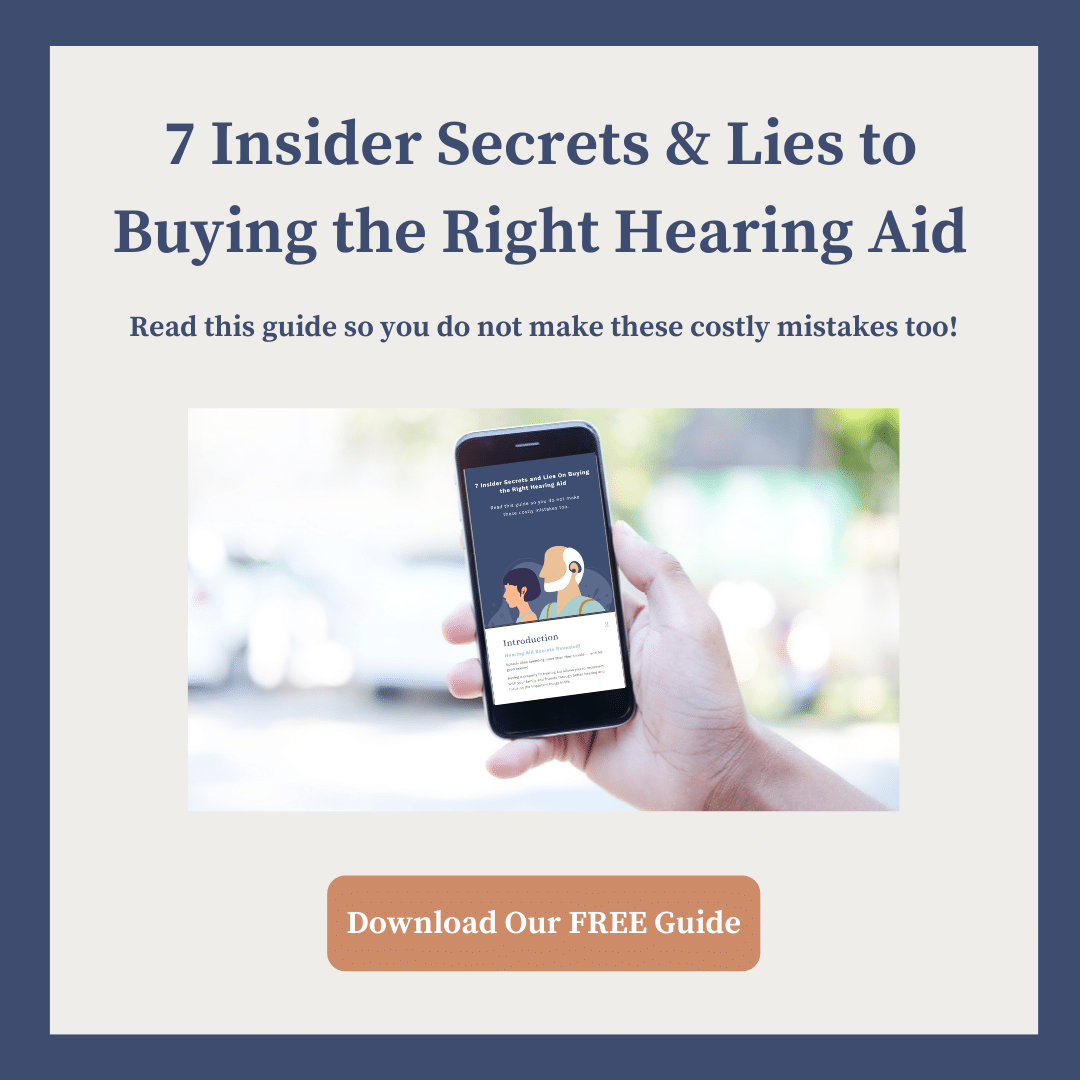There are many reasons and excuses for why your loved one is not getting the help they need with their hearing loss. Whether it’s a prohibitive price, denying they even have a problem, or, sadly, societal stigma about wearing hearing aids, there’s a lot working against people who need hearing help.
At Hearing Doctors of New Jersey, we know it can be hard to have “the talk” with your friend or loved one, so we want to give you insider tips to help get them started hearing better.
Who’s Not Wearing Hearing Aids
In a remarkable study published in 2013, the International Journal of Audiology revealed that about 80% of adults between the ages of 55 and 74 could benefit from a hearing aid, but don’t use one. This includes hearing loss to all degrees, and it’s important to understand why this is happening.
First, the stigma of wearing a hearing aid can make someone more reluctant to reveal they have hearing loss. Others with mild hearing loss may be in denial that they have a problem and would benefit from getting a hearing test and investigating hearing solutions. Finally, hearing aids can be expensive for some people, with the average cost coming to around $2,300.
Convincing Others to Seek Help
It’s been shown that people who get the hearing solution that’s right for them enjoy a huge improvement in life experience, allowing them to socialize like normal, enjoy concerts and movies again, and many psychological benefits as well. That’s why we believe it’s important to speak candidly but respectfully with the people in your life who could benefit from a hearing aid but don’t want one. Here are our tips for convincing them to go to an audiologist.
Keep it Cool
Sometimes, it’s all about timing. Find a time when both you and your loved one are not stressed, have free time to talk and be in a generally positive mood. Be aware that your mood and conversation skills will have a lot to do with your loved one’s impression of the subject, so reassure them that you’re bringing it up for their best interests, not your own. If at any time one of you becomes agitated and negative, have the courage to end the conversation.
Come Prepared With Facts
There are many well-researched studies that prove the benefits of hearing aids, including their role in reducing the risk of cognitive decline. In addition to these benefits, research some potential hearing aids and have their features ready to cite, like Bluetooth connectivity, fitness tracking, and even translation technology. In recent years, hearing aids have become sleeker, more advanced, and more discreet, meaning there’s no better time to look at a variety of feature-packed hearing devices.
Offer Personal Support
For those who may be in denial about their hearing loss, or who don’t notice its effect on the people around them, bringing personal details can often be a convincing factor in the hearing aid decision. Record things like how many times people have needed to repeat themselves in conversation and how much louder the TV is when they’re watching compared to others. As you reveal these things, offer your support, like going to the audiologist with them and helping them pick out a specific device.
Hearing Solutions in Livingston, New Jersey
Hearing loss affects not just the person with the condition but also everyone around them. If you have a loved one struggling to hear, now is the time to get them the help they need.
To learn more about hearing loss and hearing aids, download our FREE Insider’s Guide on how to finally hear better NOW.

